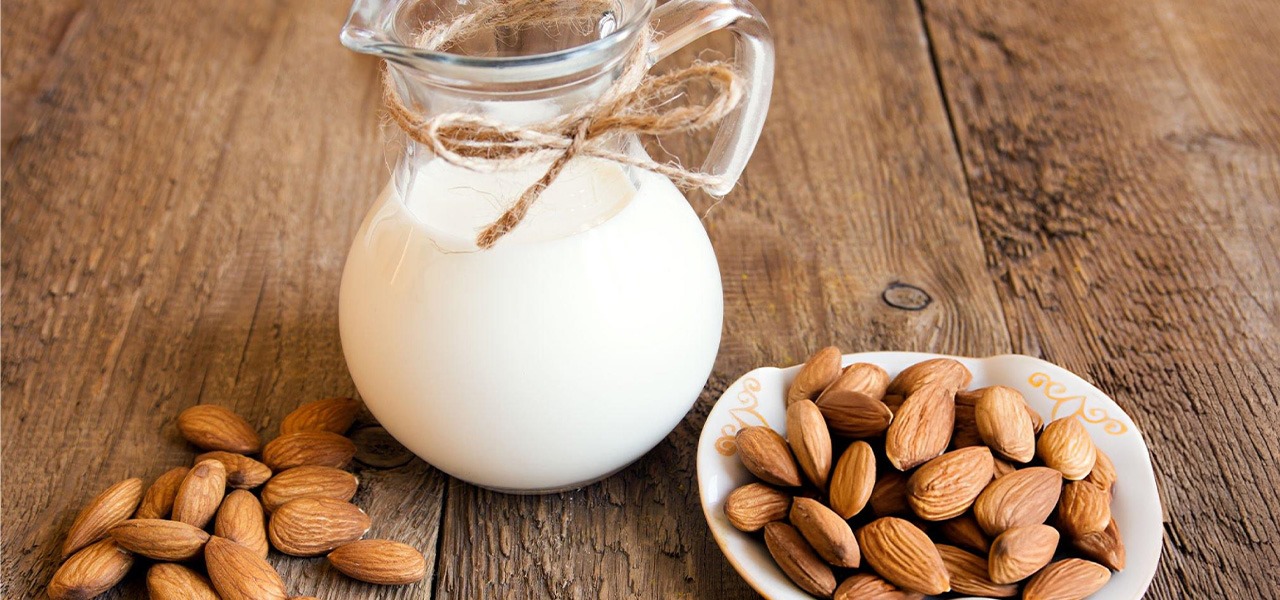Nutritional Comparison of Different Types of Milk
| Nutrient | Whole Milk | Skim Milk | Soy Milk | Almond Milk |
|—————|————|———–|———-|————-|
| Calories | 149 | 83 | 80 | 60 |
| Protein (g) | 7.69 | 8.26 | 6.95 | 1 |
| Fat (g) | 7.93 | 0.2 | 4.24 | 2.5 |
| Carbs (g) | 11.71 | 12.18 | 4.23 | 7.5 |
| Calcium (mg) | 276 | 299 | 301 | 516 |
| Vitamin D (IU)| 97 | 101 | 119 | 120 |
Benefits of Drinking Milk
| Benefit | Description |
|————————————————–|————————————————————————————————————————-|
| Rich Source of Calcium | Milk is one of the best sources of calcium, crucial for bone health and preventing osteoporosis. |
| High-Quality Protein | Milk provides high-quality protein, essential for muscle growth, repair, and overall body functions. |
| Vitamin D Fortification | Many types of milk are fortified with vitamin D, which helps the body absorb calcium and supports immune function. |
| Supports Hydration | Milk is a hydrating beverage that helps maintain fluid balance in the body. |
| Promotes Healthy Weight Management | Low-fat varieties of milk can be part of a balanced diet, aiding in weight management due to their nutrient density. |
| Boosts Brain Function | Milk contains nutrients like choline and vitamin B12, which support brain health and cognitive function. |
| Supports Heart Health | Some studies suggest that moderate dairy consumption may reduce the risk of heart disease due to its nutrient profile. |
Unlocking the Power of Milk: A Nutrient-Rich Elixir
Milk has long been regarded as a staple in many households, and for good reason. Beyond its creamy texture and versatility in culinary endeavors, milk packs a powerful nutritional punch that benefits the body in numerous ways. From bone health to muscle repair, the virtues of milk extend far beyond the confines of the breakfast table.
Understanding the Varieties: A Nutritional Comparison
Before delving into the myriad benefits of milk consumption, it’s essential to understand the nutritional disparities among various types of milk. Here’s a comparative analysis:
Whole Milk: Known for its richness, whole milk boasts a higher calorie and fat content compared to its counterparts. However, it also provides essential nutrients like calcium and protein in significant quantities.
Skim Milk: Skim milk, also known as fat-free milk, is lower in calories and fat while still retaining essential nutrients like protein and calcium. It’s a popular choice for those aiming to reduce their fat intake without compromising on nutritional value.
Soy Milk: A plant-based alternative, soy milk offers a comparable protein content to cow’s milk while being lower in calories and fat. Additionally, it’s fortified with essential vitamins like vitamin D, making it a viable option for those following a vegan or lactose-free diet.
Almond Milk:
Renowned for its nutty flavor, almond milk is a lower-calorie alternative to traditional cow’s milk. While it may not match the protein content of dairy milk, it’s fortified with calcium and vitamin D, contributing to overall bone health.
The Benefits of Milk Consumption
Beyond its nutritional composition, milk offers a plethora of benefits that promote overall health and well-being:
- Rich Source of Calcium: Milk is revered for its calcium content, vital for maintaining strong bones and teeth. Regular consumption helps prevent conditions like osteoporosis and bone fractures, especially as we age.
- High-Quality Protein: Boasting a complete amino acid profile, milk provides high-quality protein essential for muscle repair and growth. Whether you’re an athlete or simply looking to support an active lifestyle, milk is a reliable source of this crucial nutrient.
- Vitamin D Fortification: Many varieties of milk are fortified with vitamin D, a nutrient critical for calcium absorption and immune function. Adequate vitamin D levels contribute to overall bone health and help fend off infections and illnesses.
- Supports Hydration: With its high water content and electrolyte composition, milk serves as a hydrating beverage that replenishes fluids lost throughout the day. Whether enjoyed alone or incorporated into smoothies and shakes, milk aids in maintaining optimal hydration levels.
- Promotes Healthy Weight Management: Opting for low-fat varieties of milk can aid in weight management efforts due to their nutrient density and satiating properties. Incorporating milk into a balanced diet can help control hunger pangs and prevent overeating.
- Boosts Brain Function:
- Milk contains essential nutrients like choline and vitamin B12, which play key roles in brain health and cognitive function. Regular consumption may enhance memory, focus, and overall cognitive performance.
- Supports Heart Health: Studies suggest that moderate dairy consumption may lower the risk of heart disease due to milk’s nutrient profile, including calcium, potassium, and magnesium. Including milk as part of a heart-healthy diet can contribute to better cardiovascular outcomes.
Conclusion
From its calcium-rich composition to its role in muscle repair and hydration, milk stands as a nutritional powerhouse with an array of benefits. Whether enjoyed on its own, added to cereal, or blended into smoothies, incorporating milk into your daily routine can contribute to overall health and well-being. So, raise a glass to the humble yet mighty elixir that is milk, and savor its nourishing goodness with every sip.



